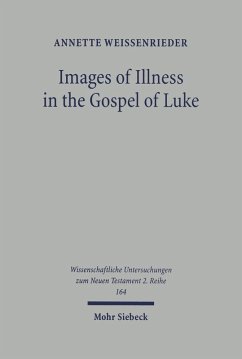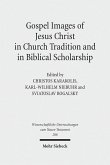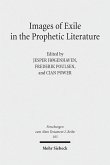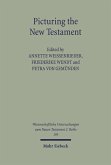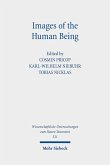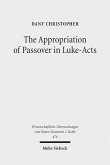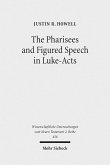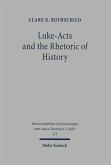Analyzing the illness-related terminology of the Gospel against the background of classical medical texts, Annette Weissenrieder examines the degree to which ancient medical knowledge was incorporated into the healing narratives of the Gospel of Luke. Thus, her work focuses on the crossroads of theology and medical history. Her primary reference is the Corpus Hippocraticum, supplemented by the writings of Soranus, Empedocles and Caelius Aurelianus. She also examines Jewish sources in the light of these secular medical texts. The premise of the study is the constructivist concept that has been developed in the context of 'writing the history of the body': that there is no objective view of the sick body. Every description of the body is formed by the cultural norms of a particular society, and society's culture influences the way in which any given illness is seen. In investigating concepts of medicine prevalent in antiquity, Annette Weissenrieder brings to light the cultural parameters of perception specific to Luke. She deals with gender-specific images of illness as well as with those associated with impurity or demonic possession. Her analysis confirms that the concepts of illness used by the Lucan author were profoundly characteristic of his time. She demonstrates how he uses these concepts to make his central message plausible: the presence of divine reality in the human sphere which can be experienced by both the physical body and the social body. Born 1967; Professor of Exegesis and Theology of New Testament at the Faculty of Theology at the Martin-Luther-University and director of the Institute »Corpus Hellenisticum«, University of Halle-Wittenberg.
Dieser Download kann aus rechtlichen Gründen nur mit Rechnungsadresse in A, B, BG, CY, CZ, D, DK, EW, E, FIN, F, GR, HR, H, IRL, I, LT, L, LR, M, NL, PL, P, R, S, SLO, SK ausgeliefert werden.

